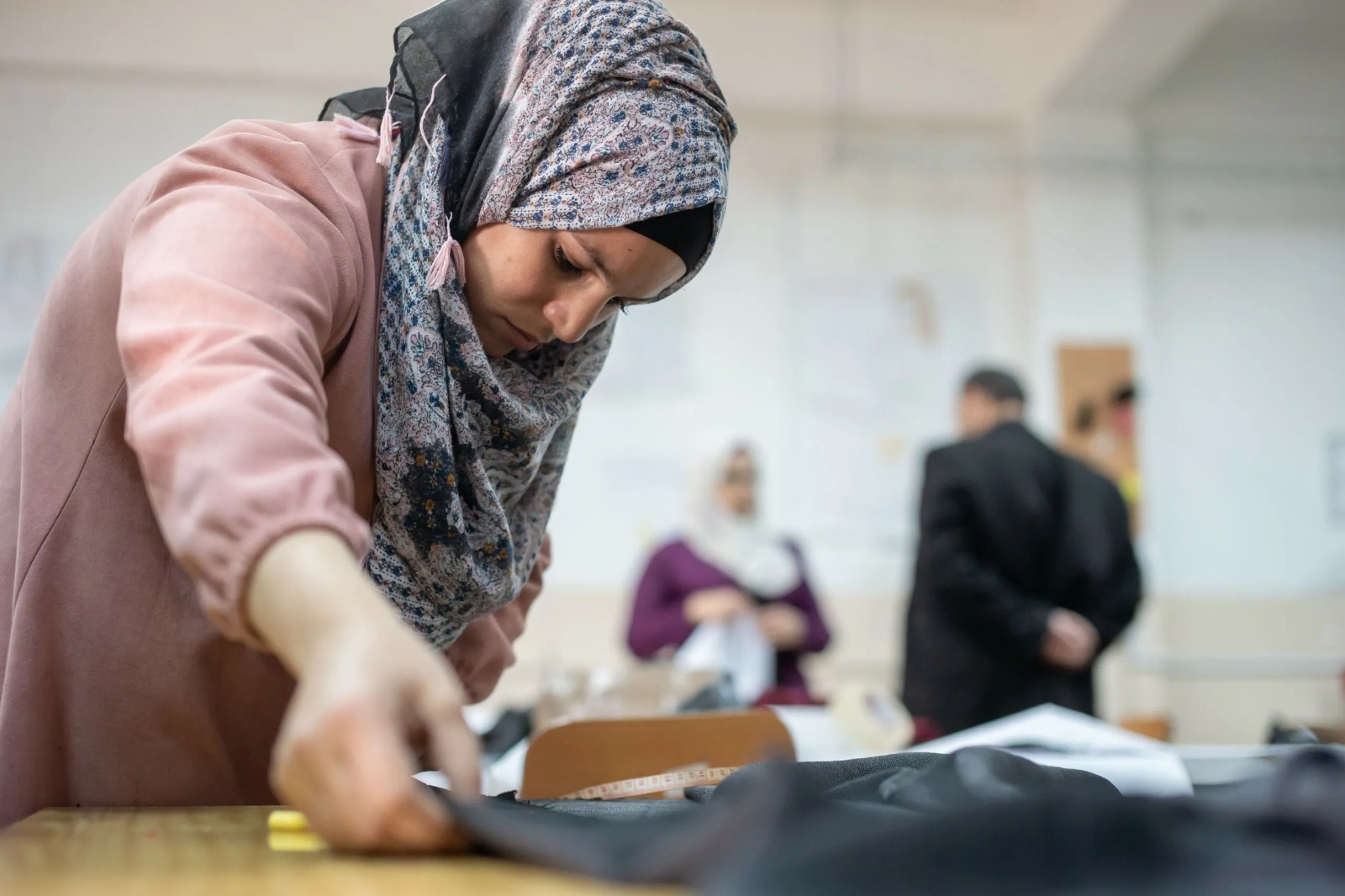Work-life balance is a universal concern, but the challenges faced by women entrepreneurs in the Middle East in achieving this balance are unique. The region’s cultural and societal norms can create distinct obstacles. In this article, we will explore the multifaceted work-life balance challenges that Middle Eastern women entrepreneurs encounter and how they are addressing these issues. Their experiences shed light on their resilience, innovative solutions, and the changing landscape of entrepreneurship in the Middle East.
Work-Life Balance: A Universal Concern
Work-life balance is a global issue, and it holds a particular significance for women entrepreneurs. Balancing the demands of running a business with personal and family life can be a complex task, involving time management, delegation, and a healthy dose of self-care. In the Middle East, however, women entrepreneurs face additional challenges that stem from cultural, societal, and economic factors.
Cultural Expectations and Gender Roles
The Middle East has a deeply ingrained set of cultural norms and gender roles that can create substantial work-life balance challenges for women entrepreneurs. Traditional expectations often place a heavy burden on women to fulfill both their business and family duties. The concept of the “ideal” woman as a devoted mother and homemaker can clash with the demands of entrepreneurship.
Family Dynamics
In the Middle East, family is the cornerstone of society, and women often shoulder significant responsibilities for the care and support of their families. Juggling the demands of a business with family obligations can be overwhelming. Many women entrepreneurs find themselves torn between the need to succeed in their businesses and their responsibilities at home.
Access to Support and Services
Access to support services such as affordable childcare and eldercare can be limited in some parts of the Middle East. The absence of such services can exacerbate work-life balance challenges, as women are often the primary caregivers for children and aging family members.
Addressing Work-Life Balance Challenges
Despite these challenges, women entrepreneurs in the Middle East are finding innovative ways to address their work-life balance concerns.
- Technology: Technology has become a significant enabler for women entrepreneurs in the Middle East. E-commerce, remote work, and online platforms have allowed them to manage their businesses from home, providing flexibility and reducing the need for extensive travel.
- Flexible Work Arrangements: Many women entrepreneurs have introduced flexible work arrangements in their businesses, allowing employees to work remotely or adopt flexible hours. These arrangements provide a degree of balance for both entrepreneurs and their staff.
- Support Networks: Women’s support networks, both in person and online, have grown in prominence in the Middle East. These networks provide a platform for women to share experiences, advice, and mentorship, creating a sense of community and shared struggle.
- Policy Advocacy: Some women entrepreneurs are actively advocating for policies that support work-life balance. They aim to influence government and corporate policies to create more family-friendly workplaces and support systems.
- Delegation and Time Management: Learning to delegate tasks, manage time effectively, and prioritize responsibilities are crucial skills for women entrepreneurs in the Middle East. By making efficient use of their time, they can strike a better balance between work and personal life.
- Spousal Support: In some cases, women entrepreneurs are finding support from their spouses, who are increasingly sharing family and household responsibilities. This shift is vital in creating a more balanced family life.
Changing Cultural Norms
The pursuit of work-life balance by women entrepreneurs in the Middle East is also gradually challenging traditional gender norms. As more women succeed in entrepreneurship while maintaining their family roles, societal expectations are evolving. Their achievements act as inspirations for future generations and promote a more inclusive view of women’s roles.
Conclusion
Balancing the demands of entrepreneurship with personal and family life is a complex challenge for women entrepreneurs around the world. In the Middle East, this challenge is compounded by cultural expectations and traditional gender roles. Nevertheless, Middle Eastern women entrepreneurs are resilient and resourceful. They are leveraging technology, building support networks, advocating for policy changes, and finding innovative solutions to navigate these challenges.
As women entrepreneurs continue to address and overcome work-life balance challenges, they contribute to changing cultural norms and fostering a more inclusive entrepreneurial ecosystem in the Middle East. Their experiences serve as a testament to their determination and the transformative potential of entrepreneurship in the region. While challenges remain, women in the Middle East are redefining the narrative of work-life balance and creating a brighter future for themselves and their communities.












